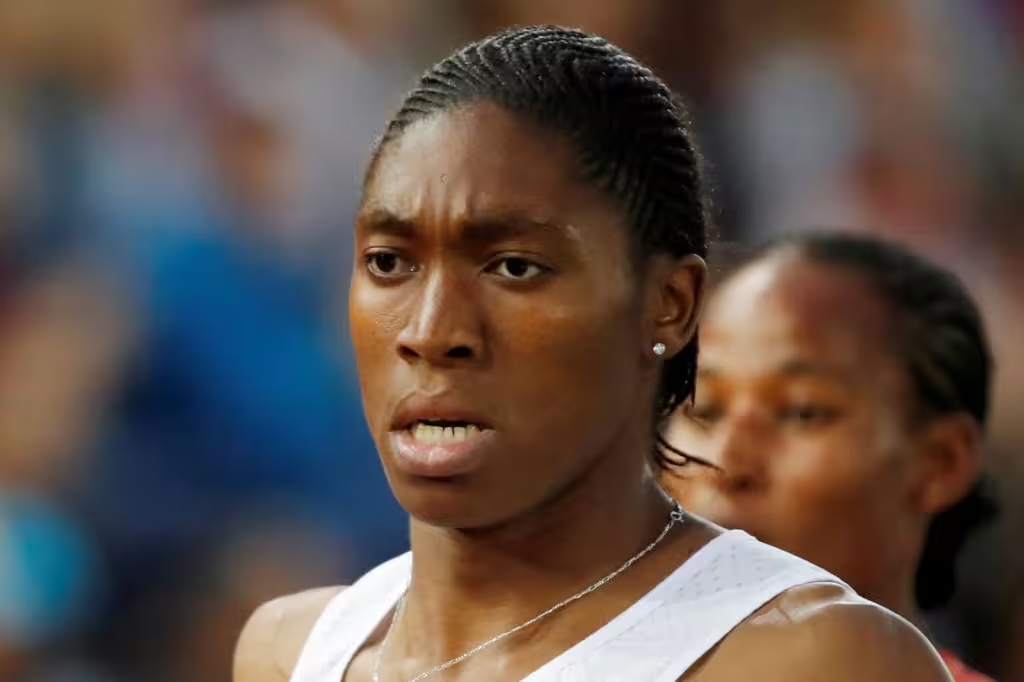The Paris 2024 Olympics witnessed a poignant moment of victory and reflection as Algerian boxer Imane Khelif secured the light welterweight gold medal amidst a backdrop of controversy and discrimination. Her journey to the top, however, evoked memories for South African track and field icon Caster Semenya, who has faced similar challenges in her storied athletic career.
Khelif’s dominant performance on Friday night, where she defeated her Chinese opponent to claim gold, was a moment of redemption. But her path to the podium was marred by persistent allegations over her gender, rooted in a 2023 decision by a now-discredited boxing regulator that attempted to bar her from competing in women’s tournaments.
Semenya, a two-time Olympic gold medalist in the 800m, could not help but draw parallels between Khelif’s experience and her own struggles with gender discrimination in sports. Reflecting on the ongoing challenges faced by athletes like Khelif, Semenya expressed both empathy and frustration.
“Watching her endure such baseless attacks took me back to my own experiences,” Semenya told CNN. “It’s quite emotional.”
The International Olympic Committee (IOC), in a significant shift from past practices, stood firmly behind Khelif, basing her eligibility on her passport, which lists her as female. This approach contrasts sharply with the treatment Semenya received in the past when she was barred from competing due to regulations enforcing testosterone levels in female athletes. Semenya, who is hyperandrogenous—having naturally high levels of testosterone—successfully overturned those regulations in the European Court of Human Rights last year.
Khelif, who was born female and has lived her entire life as a woman, has faced intense scrutiny and public challenges to her identity. The controversy reached a point where her father had to publicly present her birth certificate and childhood photos to defend her.
Semenya, now a mother of two, spoke to the psychological toll such scrutiny takes, not just on the athletes but also on their families. “It breaks someone’s heart as a parent,” she said, reflecting on the pain her own parents endured during her battles with sports regulators. “Psychologically, it destroys them.”
Despite the adversity, Semenya offered words of encouragement to Khelif, advising her to stay focused and resilient in the face of attacks. “You know you’re a woman and you know you’re strong. You can handle this,” Semenya said. “This talk is just a storm that will always pass.”
Khelif, too, remained defiant after her victory, asserting her identity and dismissing her detractors as “enemies of success.” Her win at Paris 2024 was not just a triumph of athletic prowess but also a powerful statement against the discrimination she has faced.
As the world of sports continues to grapple with issues of gender identity and fairness, the stories of athletes like Khelif and Semenya highlight the need for inclusive policies that protect and respect all competitors. Semenya called on the IOC to exert greater influence to prevent individual sports federations from discriminating against athletes, urging them to ensure that all participants are treated with dignity and respect.
In the face of ongoing challenges, the victories of these athletes serve as a reminder of their resilience and the need for continued progress in the fight against discrimination in sports.



